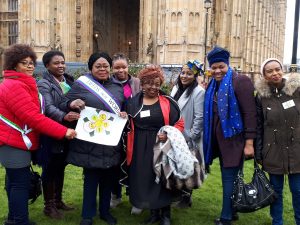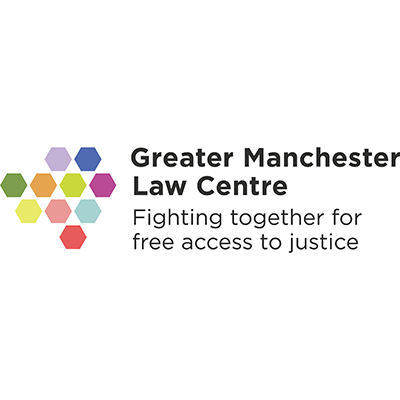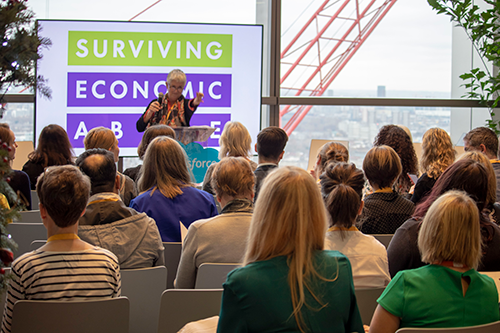Campaigning and advocacy 2019 winners: Consonant
 Asylum Aid, which merged with Consonant (formally Migrants Resource Centre) in 2016, began a campaign in 2007 calling for women seeking asylum in the UK to be provided with childcare during their asylum interviews.
Asylum Aid, which merged with Consonant (formally Migrants Resource Centre) in 2016, began a campaign in 2007 calling for women seeking asylum in the UK to be provided with childcare during their asylum interviews.
The charity was aware that women risked traumatising their children during interviews by sharing their experiences of human rights abuses, including rape and domestic violence. Yet if they didn’t provide a full and honest account of their experiences, this could reduce their chances of gaining asylum.
The charity wanted the Home Office to provide onsite creches for children under five at all interview hubs. In practical terms this meant a play room close to the interview room, staffed by two qualified play workers.
But the charity soon discovered that Home Office decisions about childcare for asylum-seekers were made regionally, and it did not have a regional structure. So instead it supported its member NGOs to lobby their local Home Office directorates.
It also set up the Charter of Rights of Women Seeking Asylum, a national campaign with a
range of demands including childcare. Member NGOs could use the Charter as a brand for the campaign.
By the end of 2009, NGOs had persuaded their regional directors to provide childcare in four cities. However, by 2014 there was still no childcare in London and Liverpool, and provision in Glasgow and Leeds had been suspended.
In December 2014, using the Charter, Asylum Aid launched the Protection Gap campaign. By then Home Office operations were centralised again, so this campaign targeted the Home Office directly. Within four months childcare for women in asylum interviews was included in the Home Office Gender Action Plan.
Now the Home Office provides childcare during asylum interviews at all nine casework hubs. The UK is the only country in Europe that provides childcare during asylum interviews.
Chris Michaels described the campaign as “a really clear example of how advocacy hits a problem and makes a solution”.
Danielle Walker Palmour admired the level of collaboration with member agencies and the way the charity adapted the campaign as circumstances changed. Cathy Phelan-Watkins praised the campaign’s perseverance and determination.
CC reg no: 291789
Shortlisted charities
Greater Manchester Law Centre
The Centre has supported more than 1,000 individuals, and answered enquiries from three times as many. It has also helped people claim over £1.5m in benefits which were wrongly refused by the Department for Work and Pensions. After the Windrush revelations, local people of West Indian origin were supported to find information and advice, and the Centre used their experiences to campaign against the hostile environment for migrants. The charity is sharing its learning with the writing and dissemination of a publication ‘How to Build a Law Centre’.
Surviving Economic Abuse
Surviving Economic Abuse’s campaign aimed to get economic abuse legally recognised as a form of coercive and controlling behaviour and included within the UK’s new Domestic Abuse Bill. Surviving Economic Abuse was launched as soon as it was announced that a new law on domestic abuse was to be written. The charity lobbied the government to broaden the policy definition in order to establish a framework to support victims and hold abusers to account. It organised a roundtable of 18 economic abuse survivors at the Home Office as part of the consultation process on the bill and provided expert knowledge. It also worked to raise the profile of the issue in the media.



